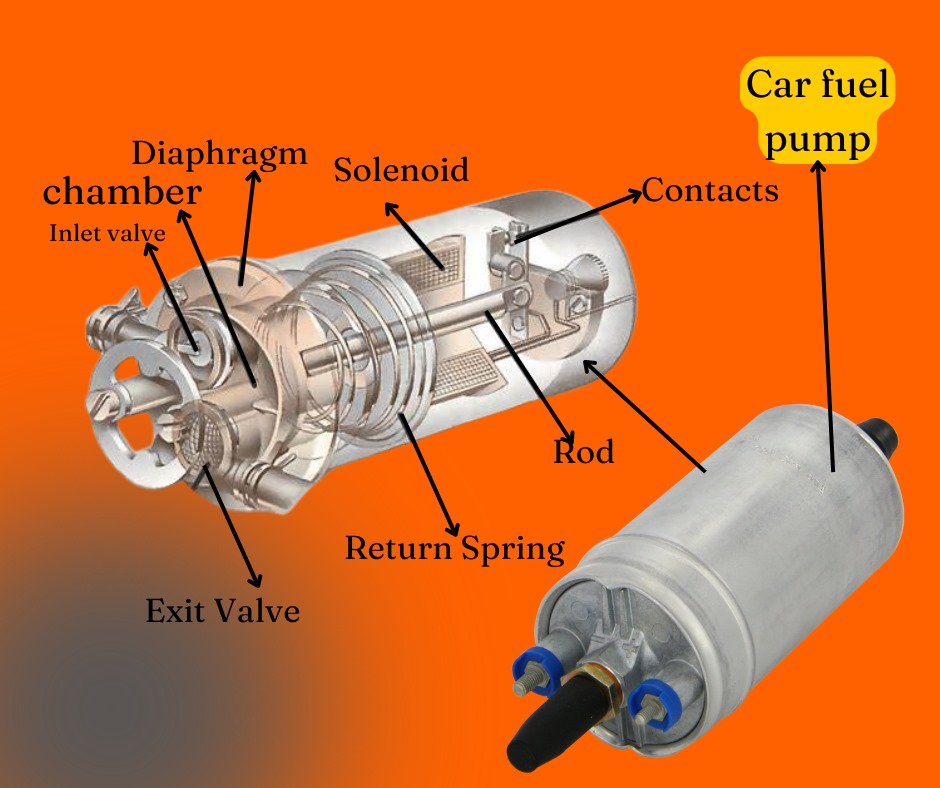How Fuel Pumps Function: A Detailed Guide

Dive into the mechanics of your vehicle's lifeline! Understand how fuel pumps deliver power to your engine with precision and reliability.
Exploring the Basics of Fuel Pump Mechanics
Fuel pumps are essential components in any vehicle, ensuring that fuel is efficiently delivered from the tank to the engine. At its core, a fuel pump works by creating pressure that pushes fuel through the fuel lines to the engine's combustion chamber. This process is crucial for the engine to generate the necessary power to operate the vehicle.
There are two primary types of fuel pumps: mechanical and electric. Mechanical pumps are often found in older vehicles, while modern vehicles typically use electric fuel pumps. Regardless of the type, the fundamental mechanics involve moving fuel from the tank to the engine with precision.
Types of Fuel Pumps and Their Applications
Mechanical fuel pumps, commonly used in older carbureted engines, operate via a diaphragm mechanism driven by the engine's camshaft. These pumps are less common today but are still found in vintage vehicles and some off-road machines.
Electric fuel pumps, on the other hand, are prevalent in modern vehicles with fuel injection systems. These pumps are usually located within the fuel tank and use an electric motor to create the necessary pressure. They are known for their reliability and efficiency, making them suitable for a wide range of applications from everyday cars to high-performance vehicles.
The Role of Fuel Pumps in Engine Efficiency
Fuel pumps play a vital role in maintaining engine efficiency. They ensure that the engine receives a steady and consistent supply of fuel, which is crucial for optimal combustion. Without a properly functioning fuel pump, the engine may experience performance issues such as misfires, loss of power, and even complete engine failure.
Efficient fuel delivery also contributes to better fuel economy. By maintaining the correct fuel pressure, the engine can burn fuel more effectively, reducing waste and improving overall vehicle performance.
Common Issues and Troubleshooting for Fuel Pumps
Like any mechanical component, fuel pumps can experience issues over time. Common problems include fuel pump failure, clogged fuel filters, and electrical issues. Symptoms of a faulty fuel pump include difficulty starting the engine, engine stalling, and unusual whining noises from the fuel tank.
Troubleshooting a fuel pump typically involves checking the fuel pressure, inspecting the fuel lines and filters, and using diagnostic tools to identify electrical faults. Regular maintenance and timely replacement of worn-out components can help prevent fuel pump failures.
Advancements and Future Trends in Fuel Pump Technology
Fuel pump technology has advanced significantly over the years, with modern pumps being more efficient, reliable, and capable of handling higher pressures. Innovations such as variable speed pumps, which adjust the fuel flow based on engine demand, are becoming increasingly common in new vehicles.
Looking to the future, fuel pump technology is expected to continue evolving with advancements in electric and hybrid vehicles. Developments in materials, design, and integration with smart vehicle systems will likely lead to even more efficient and durable fuel pumps, contributing to the overall improvement of automotive performance and sustainability.

 Loading..
Loading..